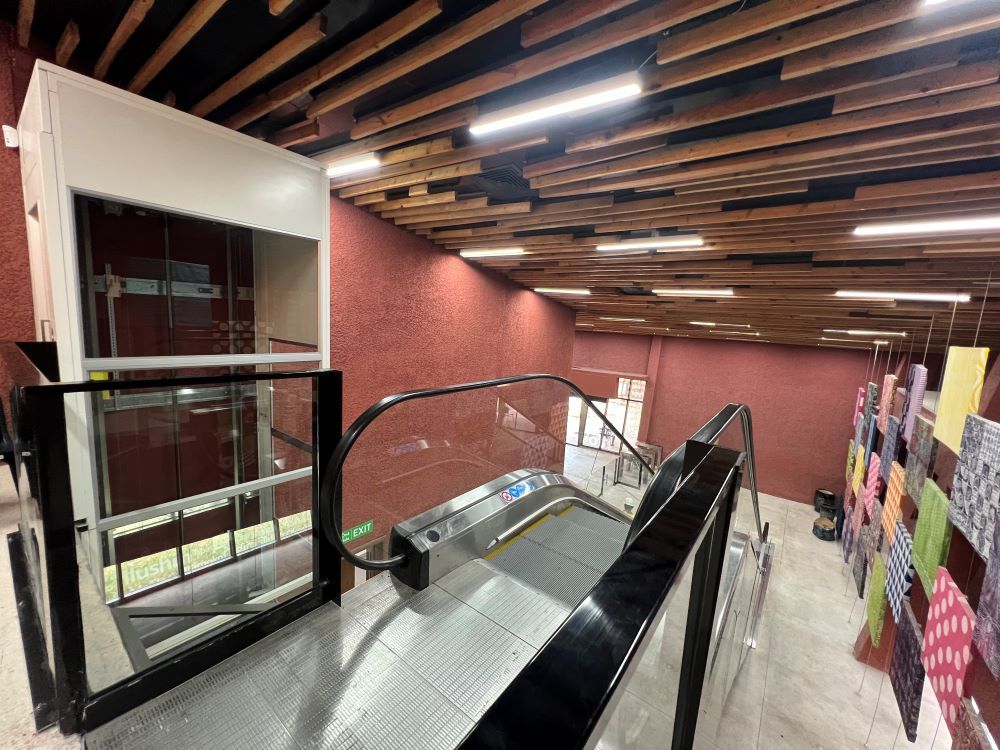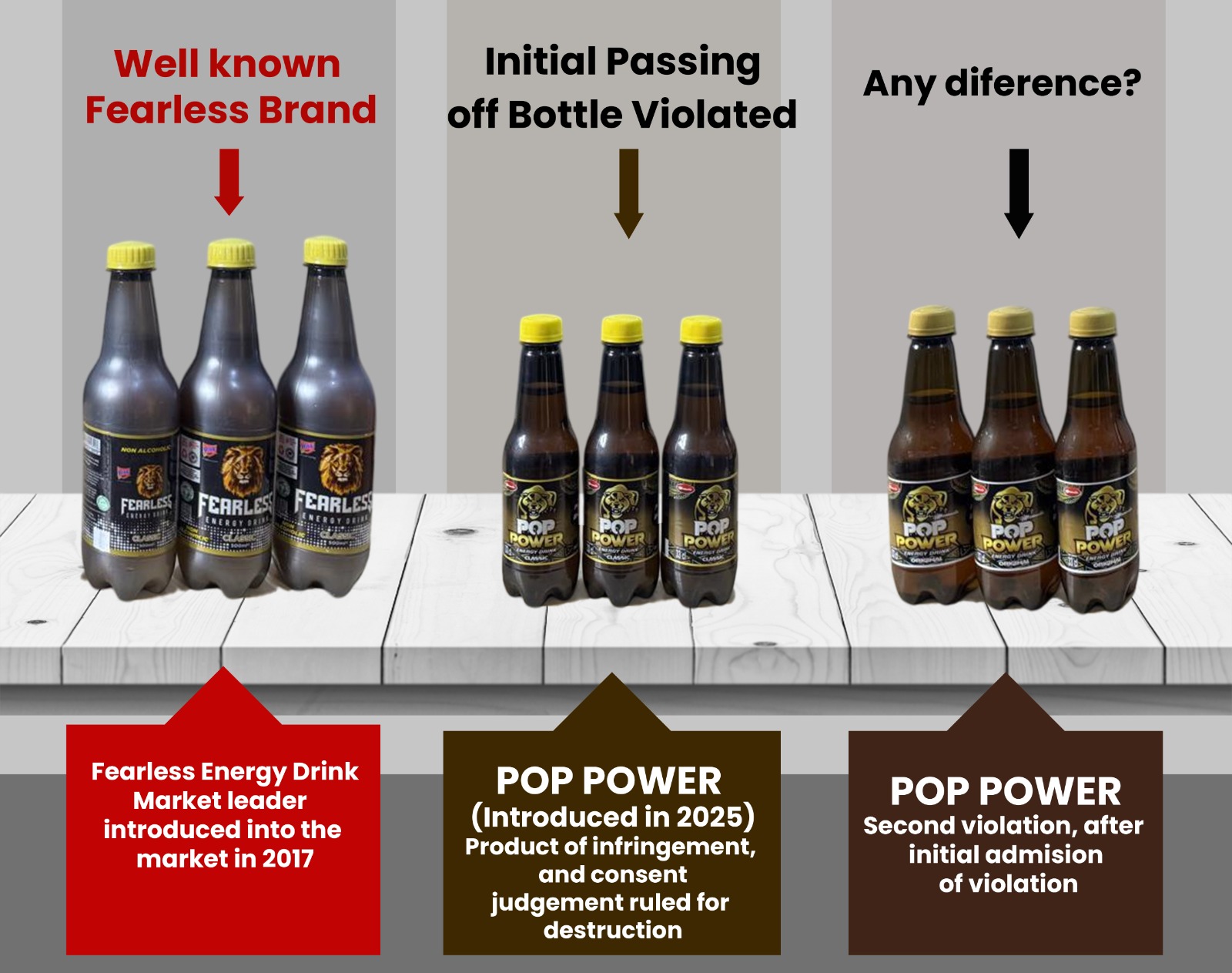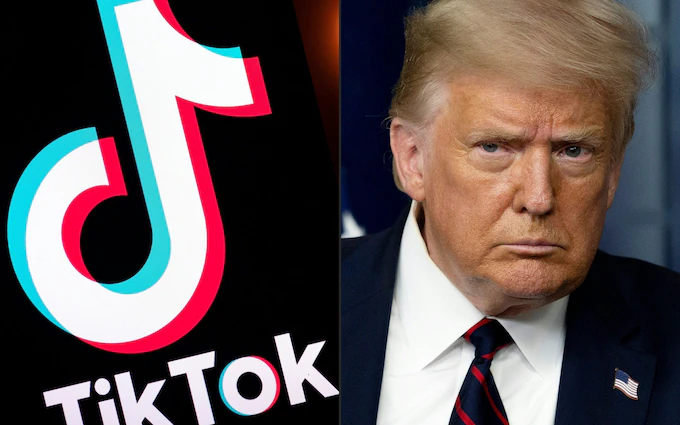Louis Ottens — the Dutch engineer credited with inventing the audio cassette tape — has died at the age of 94.
A longtime engineer at the Dutch electronics and technology company Philips, Ottens — in his role as head of the product development department — led the Belgian team charged with converting the bulky reel-to-reel tape recorders of the era into something more portable and consumer-friendly; Ottens’ goal was to make a cassette tape that could fit a jacket’s inside pocket.
After its development, Philips’ audio cassette made its debut at electronics fairs in August 1963. Soon after, Japanese electronics companies created their own iteration of the audio cassette of varying sizes, but Ottens struck a deal between Sony and Philips to ensure their model would become the patented cassette on the market.
(Americans, however, would remain tethered to the 8-track cartridge for about another decade until Sony’s Walkman revolutionized the portability of music; one of Ottens’ biggest regrets was that Sony and not Philips invented the Walkman, “the ideal application for the cassette… It still hurts that we didn’t have one.”)
“The cassette tape was invented out of irritation about the existing tape recorder, it’s that simple,” Ottens said of his invention, NRC Handelsblad reported. Ottens also spoke about the invention in the 2011 documentary Cassette: A Documentary Mixtape. “I expected it would be a success, not a revolution,” he said in the film.
“Of all the musicians and historians I interviewed for the cassette documentary, Lou was by far the most critical of the format,” Zack Taylor, the director of Cassette: A Documentary Mixtape, told Rolling Stone Wednesday.. “When I arrived on his doorstep in 2013, I expected to find a proud engineer, ready to take a bow and talk about the revolution he helped start. In reality, Lou couldn’t understand why people were still talking about the primitive, lo-fi cassette, even as the format celebrated its 50th anniversary. As an engineer, he was always focused on fidelity and reliability (two things that cassettes aren’t exactly famous for).”
Even as cassettes and vinyl records solidified themselves as the dominant formats for prerecorded music, Ottens — now Philips’ director of audio — tasked a team with developing compact disc technology for the consumer market; once the technology was quickly replicated by competitors, Ottens again struck a partnership between Philips and Sony to make their model the world’s standard.
“By 1978, long before cassettes hit their late-80’s peak, Lou was already spearheading the development of the compact disc,” Taylor added. “‘When your time has gone, it’s time to disappear,’ he told me. ‘If there are better products than the cassette, then you move on. I don’t believe in eternity.’”
While sales of cassette tapes waned and nearly went extinct in the era of compact discs and MP3 and digital technology, the format has enjoyed a renaissance in recent years. However, Ottens called the cassette resurgence “nonsense,” adding that nothing could match the compact disc’s sound.
RollingStone


























Leave a Reply